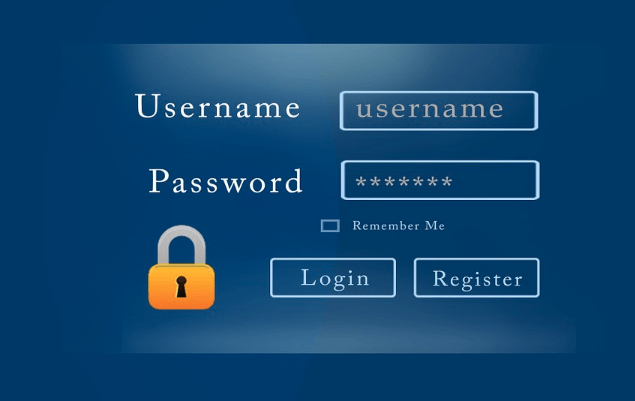Each user today uses a large number of services and products with different passwords to access them. With the increase in cybercrime, you should not rely on a common password for all your accounts.

Do you need more information on how to choose a password manager? Keep reading!
How Does A Password Manager Work?
First, a password manager stores your usernames and passwords you use Then, the next time you use or visit that site, password manager automatically fills in the forms with your login information.
For websites that don’t handle automatic filling, password manager allows you to copy and paste it into the credential fields. If you get stuck choosing a good password, the administrator can also generate a secure and unique password for you.
If you use more than one device, find a password manager that is available on all your devices and browsers. It’ll enable you to access your passwords and login information, from anywhere through the password manager’s application or your browser extension.
What Constitutes A Strong Password?
Do you know the different qualities of a strong password?
A good password constitutes a long string of upper and lower case letters, numbers, punctuation marks and non-alphanumeric characters.
It should not be single words, nor should they include your personal information, such as birthdays or anniversaries, pet names, favourite teams. Therefore, if you add the requirement to remember all of this to the number of services you already have, it becomes difficult to manage them all without help.
Factors to Consider When Choosing Password Manager Software
Choosing a good password manager is like selecting a babysitter, since you will leave them with your most loved ones, your children. It’s similar because you entrust all the passwords that give access to your active accounts to it. Thus it’s important enough to choose a good one.

What is the key to selecting the best password manager?
1] Reputation
Do not choose password managers that have bad comments on the network or have been victims of previous attacks. Some vulnerabilities may not have been corrected or even found.
2] Support
The password manager must support your platform, otherwise, you will not be able to run it. So make sure that the chosen one can run on the browser you are using.
3] Integration With Your Browser
The manager you choose must have good integration with your favourite web browser such as Firefox, Chrome etc.
4] Encryption
It must have a good encryption algorithm that provides strong security and has not been compromised or has known vulnerabilities.
5] Functionalities
A password manager should suit each user according to their needs. Some include additional security options, such as two-factor authentication or history tracking.
Another interesting option is the automatic password generator that allows you to generate new and secure passwords.
Summing Up!
One last tip, never download a password manager from third party websites, always do it from the official website. This ensures that it’s not tampered with.
Finally, always keep your software updated.




